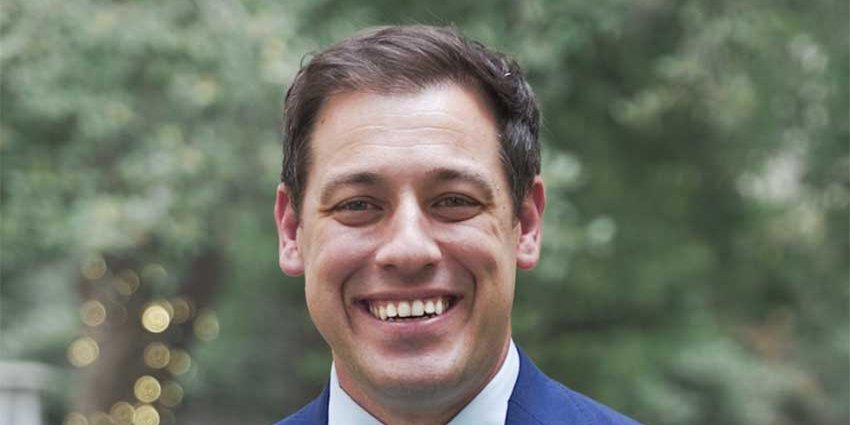Mitchell Voss stands at the helm of WindMass Capital as its Founder and CEO, propelling the company to the forefront of the sustainable commercial real estate industry.
Boasting over 14 years of extensive experience, Mitchell leads his Chicago-based firm with a firm dedication to merging cutting-edge technologies and eco-friendly practices into every project. He is a graduate with a Bachelor of Business Administration from the University of Denver and also holds a specialized Certificate in Commercial Real Estate from Cornell University’s SC Johnson College of Business.
Before establishing WindMass Capital, Mitchell refined his skills in investment banking, structured finance, and asset management at notable firms such as Goldman Sachs and UBS Realty. He is passionately committed to redefining urban spaces by creating properties that are both environmentally sound and equipped with the latest technology, thus fostering healthier communities and stimulating economic advancement. Away from the rigors of real estate development, Mitchell Voss is an avid outdoorsman, enjoying precious moments with his four sons while fishing, skiing, and boating. His leadership is driven by a commitment to ethical conduct, community involvement, and sustainable growth, aiming to forge a meaningful and enduring legacy within both the industry and the wider community.
How does WindMass Capital differentiate itself in the competitive commercial real estate market?
At WindMass Capital, we differentiate ourselves by emphasizing not only the economic value of properties but also their environmental and social impact. Our projects are designed with a focus on sustainability and community enhancement, which resonates well with today’s more conscious investors and tenants.
What inspired your focus on sustainability in real estate development?
The inspiration came from seeing the long-term benefits that sustainable development has on communities and the environment. It’s about building a legacy that goes beyond profits, creating spaces that future generations will find invaluable.
Can you discuss a technology you believe will be crucial for future developments in your industry?
Certainly, I believe that augmented reality (AR) will become crucial, especially in the post-design and selling phases. AR can allow potential buyers and tenants to visualize changes and possibilities in real estate spaces, enhancing their decision-making process.
What recent project are you most proud of, and why?
One of our recent projects involved the redevelopment of a historical building into a high-efficiency mixed-use space. I’m particularly proud of this project because we preserved the historical essence while incorporating modern, sustainable technologies.
How do you see the role of commercial real estate evolving in the next decade?
I see commercial real estate evolving to be more adaptive and responsive to the needs of the community. It will go beyond providing space, playing a significant role in societal well-being, encompassing everything from health to environmental sustainability.
What strategies do you use to ensure your projects remain ahead of regulatory changes?
We stay proactive by engaging with policymakers, participating in industry forums, and often leading discussions on anticipated regulatory impacts. We also invest in continuous training for our team to stay ahead of the curve.
How do you maintain a successful work-life balance given the demands of your role?
It’s about setting priorities and boundaries. I make sure to carve out uninterrupted time for family, which helps me recharge and return to work with a fresh perspective.
In your experience, what has been the most effective marketing strategy for commercial real estate?
The most effective strategy has been building and maintaining strong relationships. Personal referrals and repeat clients constitute the core of our business, underpinned by our reputation for integrity and quality.
How do you foster innovation within your team?
I encourage a culture where everyone feels comfortable sharing their ideas, no matter how unconventional. We also allocate resources towards testing innovative ideas in smaller, controlled environments before full-scale implementation.
What advice would you give to young entrepreneurs aiming to enter the commercial real estate market?
My advice is to focus on learning as much as possible about the market and to build a network of mentors and peers. Real estate is as much about who you know as what you know. Additionally, I’d emphasize the importance of patience and resilience, as the industry has high rewards but also comes with significant risks and challenges.











